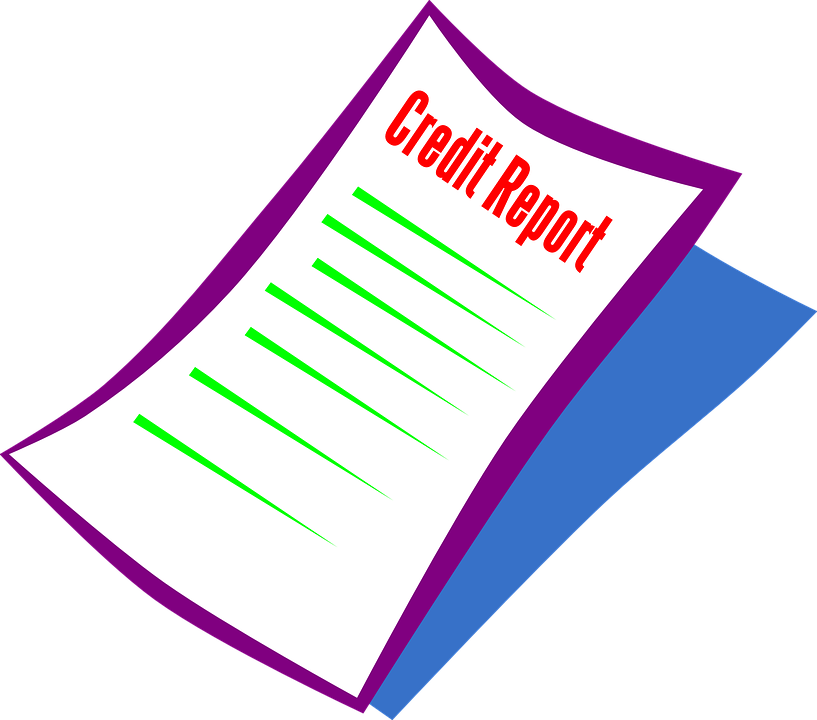There is a lot that goes into proper money management. It requires a delicate balance between expenditure and income. That means keeping up with your daily bills without exceeding the amount you have. Good money managers are also able to set aside something in savings.
The unfortunate reality is that good money management can be quite tough. Falling back or skipping debt repayments will affect your credit scores.
A 2021 CNBC report shows that the average American has up to $90,460 in debt. A breakdown of the previous year’s debt portfolio per demographics shows interesting results. Gen X, who fall within ages 40 to 55, was leading with over $140,463. Baby boomers in age 56 to 74 come in second at $97,290. Keeping a close watch on your credit reports is critical. That is why you need to know as much as you can about credit report agencies.
Start By Understanding the Credit Report Agencies
Credit report agencies keep historical credit information on businesses and individuals. The three main ones in the US are Experian, Transunion and Equifax. But, there are other reporting agencies as well.
The agencies provide credit reports to employers, insurance agencies, lenders and more. So why is this role critical? The answer is that credit reports are a fantastic way to gauge potential risk.
Take the example of an individual with a perfect credit score. What does it tell a potential lender? Well, it shows that the person is a good money manager who can keep up with debt repayment. Lenders will offer more favorable terms to those with perfect credit scores.
Do note that some jobs will also need someone with a good credit score. An example is a bank manager in charge of other people’s money. It would be hard to entrust the job to someone who cannot even take care of their own finances.
Please note, though, a poor credit score is not always indicative of poor financial habits. Errors or inaccuracies in the reporting can have a negative impact on your scores. It helps if you pay attention to your credit report and go through it with a fine tooth comb. You can access one free copy every year from the reporting bureaus.
Wrong entries, incorrect spelling and attributing wrong accounts can lower your credit score. Yet, the challenge is that without proper knowledge, it would be hard to know what to look for.
Going through the tons of entries for, say, a business report would be complex. But, you can hire credit repair professionals to do the work for you. They keep up with monitoring the reports and can handle any disputes on your behalf.
Correcting inaccuracies can be difficult and time-consuming. A lot of back and forth goes on with the credit reporting agencies before you find a resolution.
How the Credit Reporting Agencies Work
Please note that you do not open a credit reporting account. Neither can you input information in it. Credit lenders furnish the agencies with your information. They can also get data from public records, data aggregation companies and more.
The agencies can collect financial information, no matter how sensitive, without your permission. But the fair credit reporting act (FCRA) provides a level of protection to consumers. They have guidelines on what the agencies can do with your information.
Scoring Disparities across the Credit Reporting Agencies
Your credit score comes as a three-digit number ranging from 300 to 850. The higher up the scoring scale you are, the better. The dream for many is to achieve the perfect 850 score.
The critical elements of any scoring factors in:
- Payment history
- Credit history length
- Credit utilization rates
- Number of new inquiries to your account
- Credit mix.
You will notice different credit scores, depending on the reporting bureau. The reasons for this are:
Scoring systems: The most common scoring system is FICO scores. Each of the reporting unions has customized its FICO models. Equifax uses FICO 5, Experian FICO 2 and Transunion FICO 4. The other is VantageScore, a result of collaboration between the three major bureaus. The agencies have, over the years, taken steps to improve the scoring systems. The aim of doing this is to improve accuracy. But, it means there could be changes to your score while your debt history remains constant.
Data Interpretation: The agencies may use the same scoring elements. But, they will not interpret the information in the same way.
Source of credit information: A lender may report to only one bureau. Others will share with two or all three. The differences in the data may impact the credit scores the agencies assign.
Hard inquiries: The number of hard inquiries is another reason. Before a lender gives you any money, they will look at your credit history. The inquiry will also affect the credit score. Now, if a lender only runs an inquiry from one credit bureau, it will not appear on the other two. The result is a difference in the credit scores across the three bureaus.
Calculation dates: The specific date of the calculation also matters. The standard format is monthly updates by the credit report agency. But, lenders can send information at any time of the month. That means, at the end of the month, the score will be different from what it was at the beginning. https://propernewstime.com/
Negative entries: Negative information like bankruptcy, collection accounts and late payments also matter. Top-rated credit repair professionals can help identify such. They can then help dispute any incorrect information. They will also ensure they remove the error from the three credit report bureaus. Please note that negative information does not mean it is incorrect. In the case of the former, the information will stay on your credit report for up to seven years.
Final Thoughts
Understanding how credit reporting bureaus work is critical. A bad credit score can have profound implications for you. You will find it hard to negotiate favorable lending terms. It can also impact your ability to get specific jobs or rent an apartment.
The law provides that you can access your credit report once every 12 months. If you notice any errors, let credit repair professionals help with dispute resolution.



